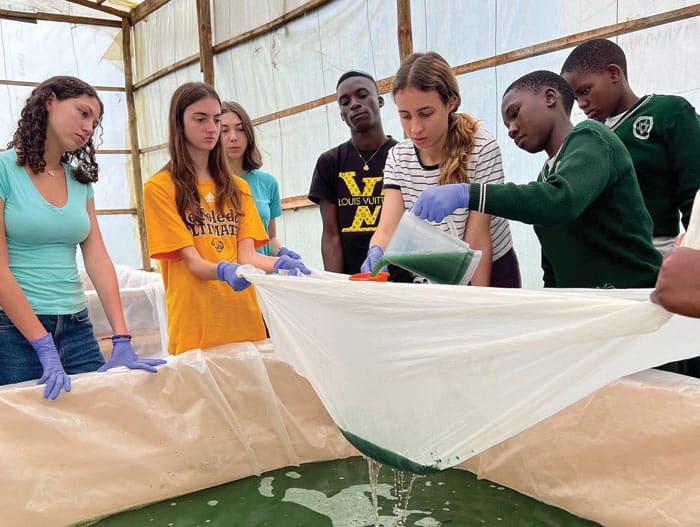
An outbreak of Ebola didn’t stop a group from de Toledo High School from traveling to Uganda to help a Jewish community tackle the challenge of food insecurity.
This unique program sent the Los Angeles high school students thousands of miles around the globe to help Uganda’s Abayudaya Jewish community begin the cultivation of spirulina, a blue-green algae with purported health and nutritional benefits.
The students sought to encourage the production of spirulina to help give added food security to one of sub-Saharan Africa’s largest Jewish communities.
The group of seven science students had been studying spirulina as part of de Toledo’s Spirulina Research Program and visited the town of Mbale in eastern Uganda in November to share their findings with the Abayudaya community and partner with local high school students. The students sought to encourage the production of spirulina to help give added food security to one of sub-Saharan Africa’s largest Jewish communities.
There was a lot more at stake for the students than studying abroad, according to de Toledo Head of School Mark Shpall.
“This is tikkun olam. There is no other word to describe what a profound experience this is to be part of. This is about much more than a class … This is an opportunity to teach and go into a community where our help is really valued,” said Shpall. De Toledo’s Global Jewish Education Department, which alongside the school’s science department organized the trip to Uganda, runs a host of similar programs, sending students to Israel, Uruguay, and Hungary.
While every Jewish community around the globe has a unique origin story, that of the Abayudaya community in Uganda is rather an unusual one. At the turn of the last century, Samei Kakungulu conquered a large portion of modern Uganda as a warlord in service of British Colonial authorities. Yet, he soon had a change of heart. Around the end of World War I, he renounced much of his worldly ambitions and founded a small community in a remote district of Uganda. His Hebrew Bible-based congregation grew and became known as the “Jews who trust in the Lord” (Kibina Kya Bayudaya Absesiga Katonda). Today, the community observes the Sabbath, abides by kashrut and maintains other Jewish practices. In the 1970s, the community suffered greatly under Ugandan dictator Idi Amin, but the community has rebounded under Ugandan President Yoweri Museveni and now numbers around 2,000.
This particular program was the result of a four-year relationship between de Toledo’s science and Global Jewish Education departments and the Abayudaya Jewish community. All seven students involved in the program are women, with two staff members joining them on the trip.
Shpall said that the de Toledo students’ trip and research on spirulina will have a “nutritional impact on the Abayudaya community.”
“During the drought season, this community often has an acute need for foods with fatty acids and proteins. Spirulina is easily stored and can be grown during the whole year. This will provide additional food security. If I can borrow a phrase from our friends in the Christian community, this is teaching a man how to fish,” he continued.
The trip was initially delayed by COVID-19, but when an outbreak of Ebola began in Uganda, it posed a different challenge. Yet, Shpall said, despite the risk, no parents decided to pull their child from the program. Shpall also noted that the center of the outbreak has been far from the rural area where the Abuyadaya community lives and the students are staying. The students and their trip leaders have taken a number of precautions as well.
Organized under de Toledo’s Global Jewish Education program, the trip to Uganda is just one part of a program to help make graduates of the high school well-rounded global citizens, Shpall said. “In a period of rising antisemitism and anti-Israel activity, our exchange programs are part of allowing to contextualize both their Jewishness and their American identity – to be proud of who they are and not let the BDS movement or the Kanye Wests of the world define who they are,” he added.
The school hopes to implement similar programs with other communities around the globe through its Global Jewish Education program. It also hopes to expand its relationship with the Jews of Uganda.
The school hopes to implement similar programs with other communities around the globe through its Global Jewish Education program. It also hopes to expand its relationship with the Jews of Uganda.
“De Toledo’s Global Jewish Education Department is the first of its kind,” said Associate Director of Global Jewish Education Lior Sibony, who accompanied the student delegation to Uganda, in a media statement. “We send our students on meaningful exchange programs each year to learn and study with their peers in Jewish communities around the world, and we host teens from those communities at our school as well. We are excited to take part in this experience with the Jewish Abayudaya community for the first time.”
Joseph Hammond is a Los Angeles-based journalist, who has spent more than a decade of reporting internationally, including from the Congo, Sri Lanka, Rwanda, Iraq, Egypt, and Somalia.


















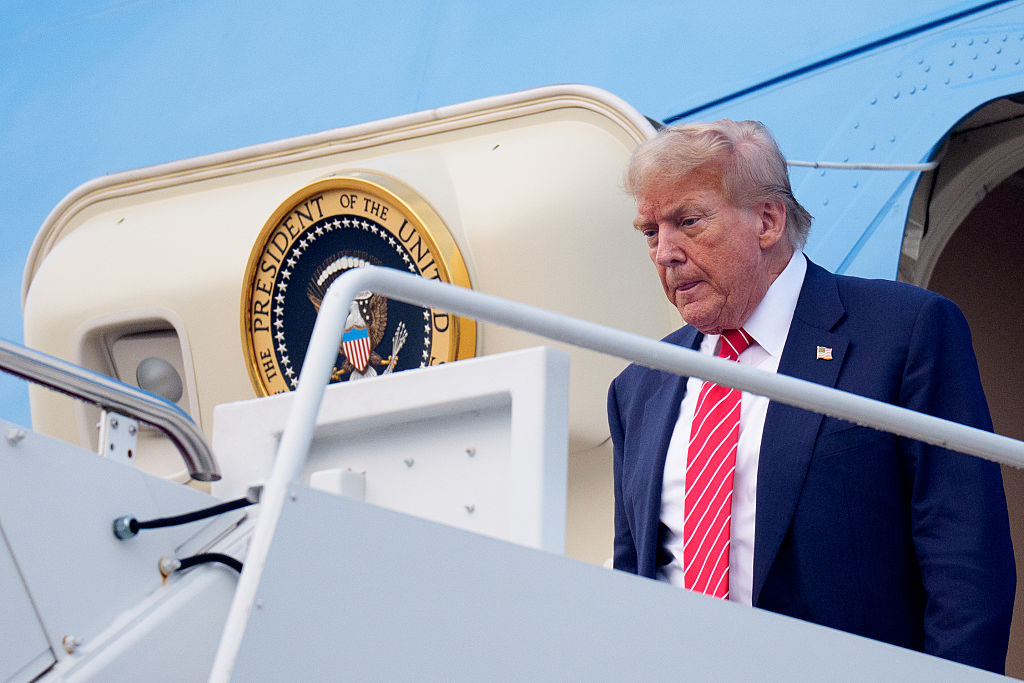



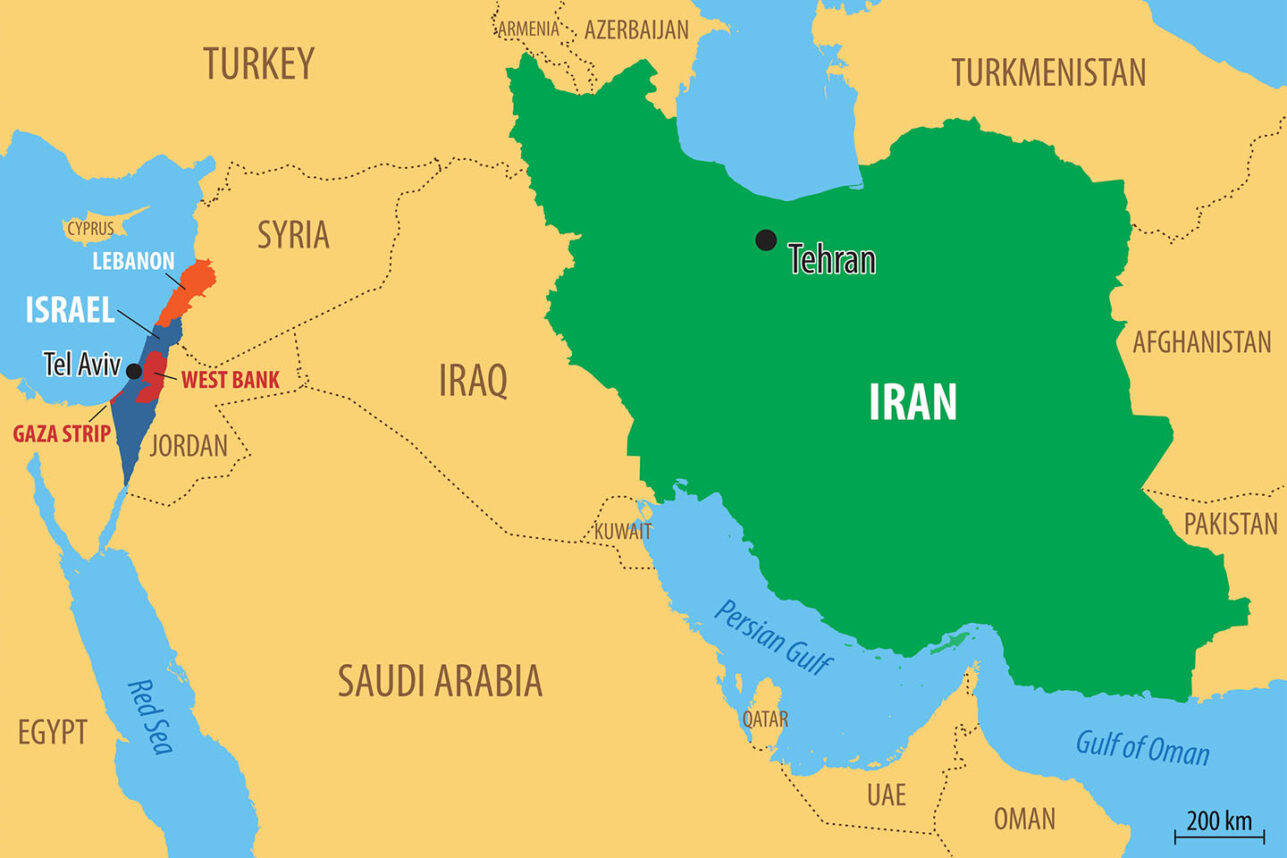
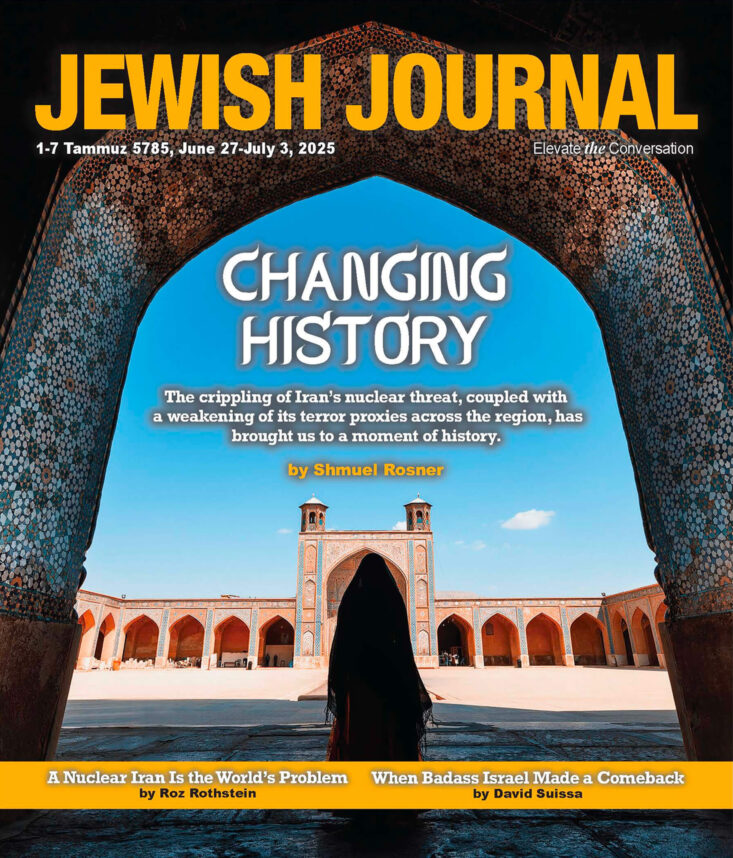



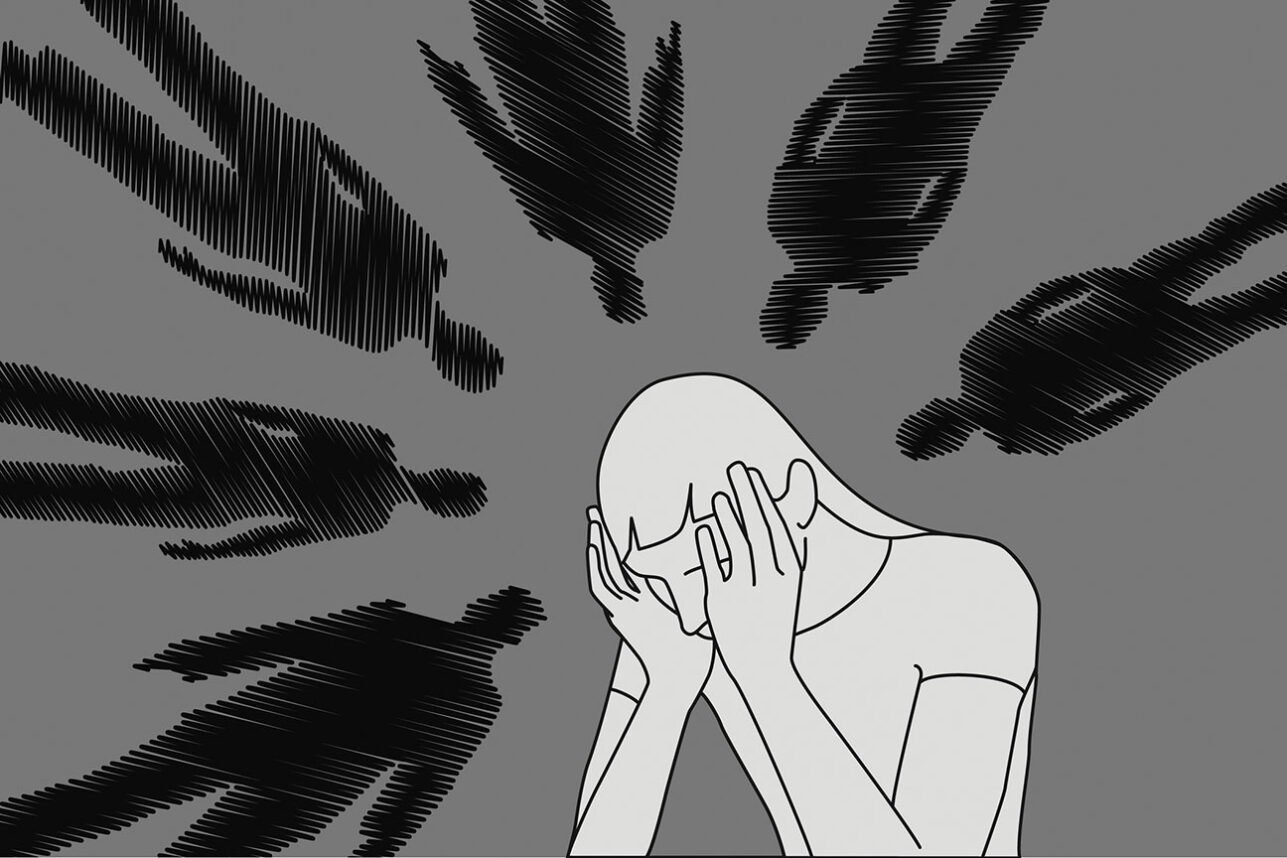
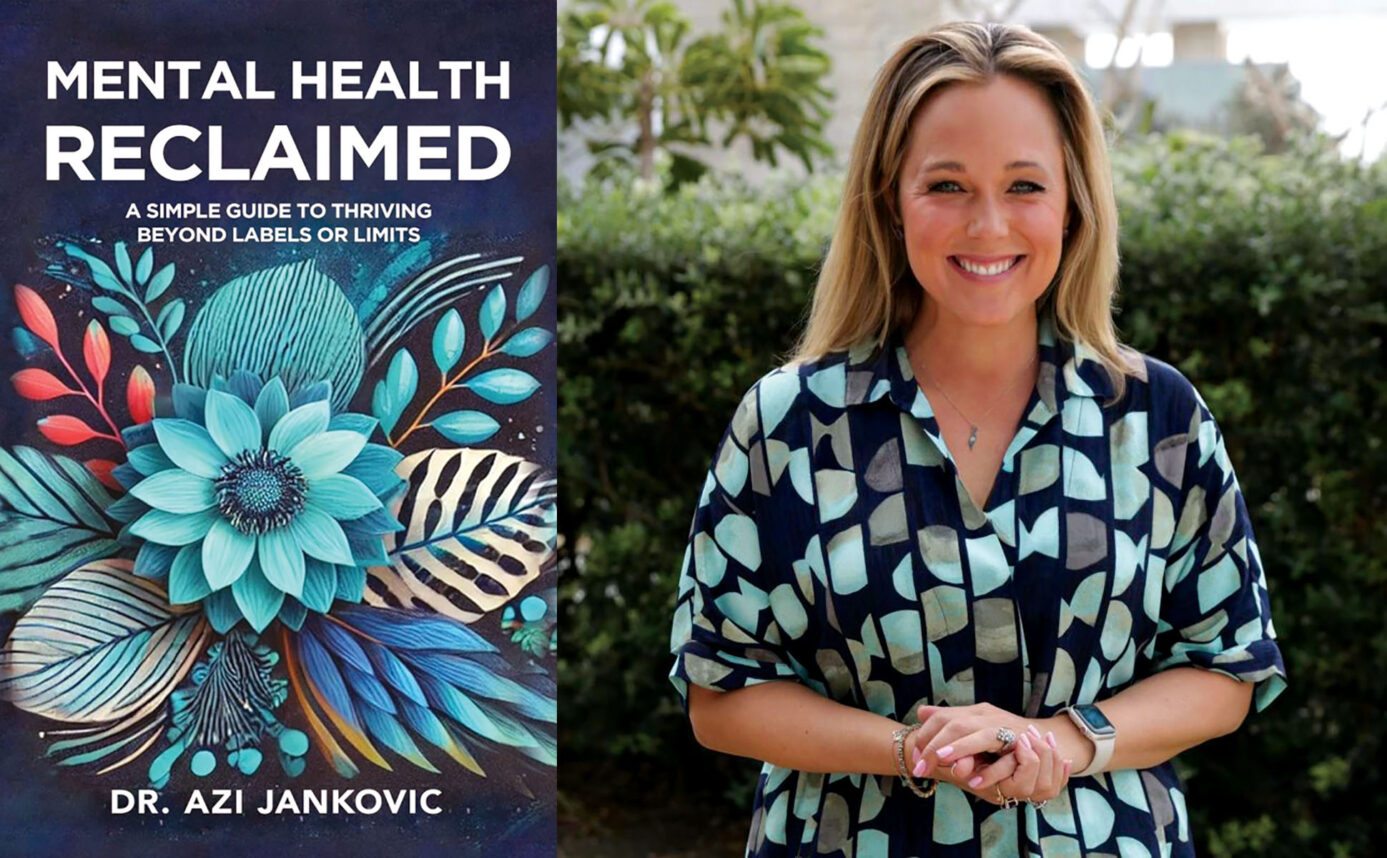




 More news and opinions than at a Shabbat dinner, right in your inbox.
More news and opinions than at a Shabbat dinner, right in your inbox.